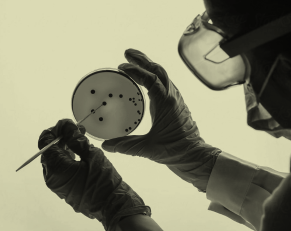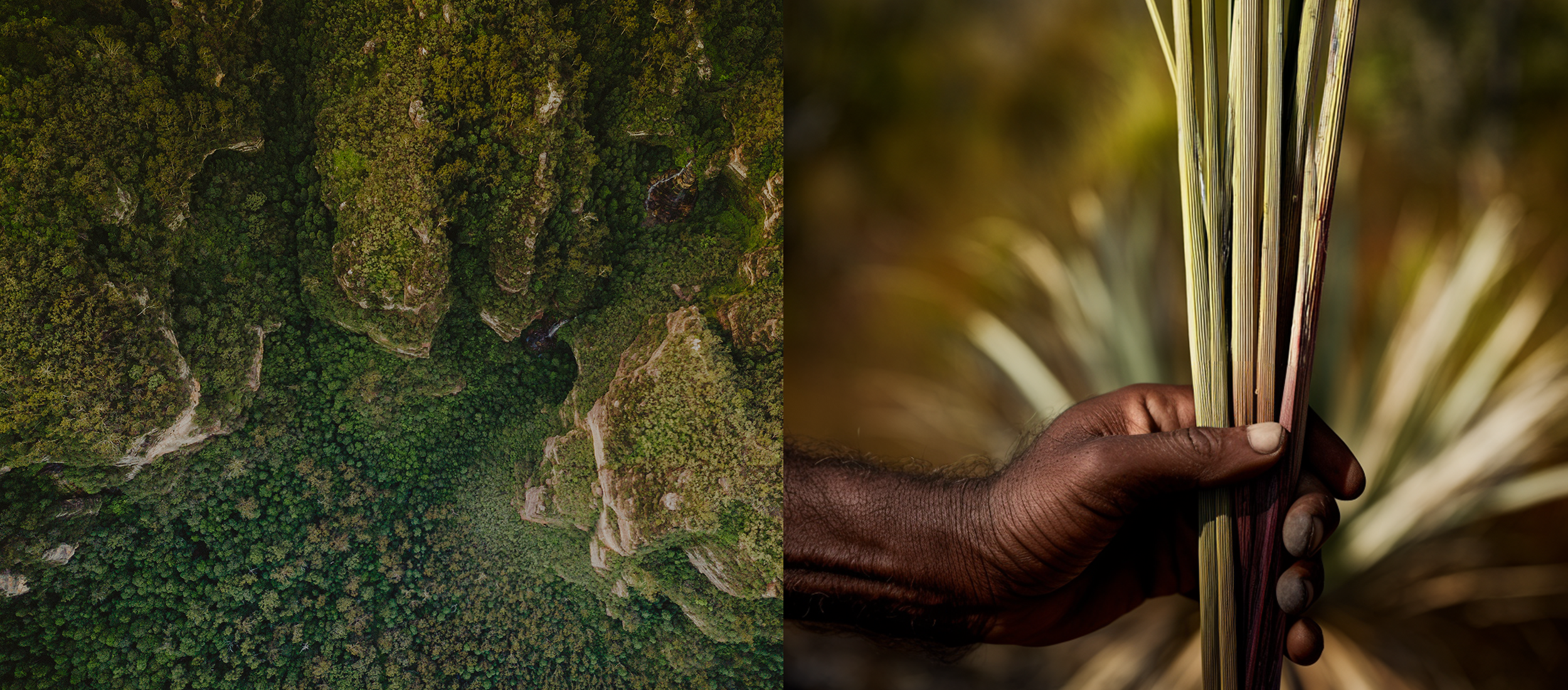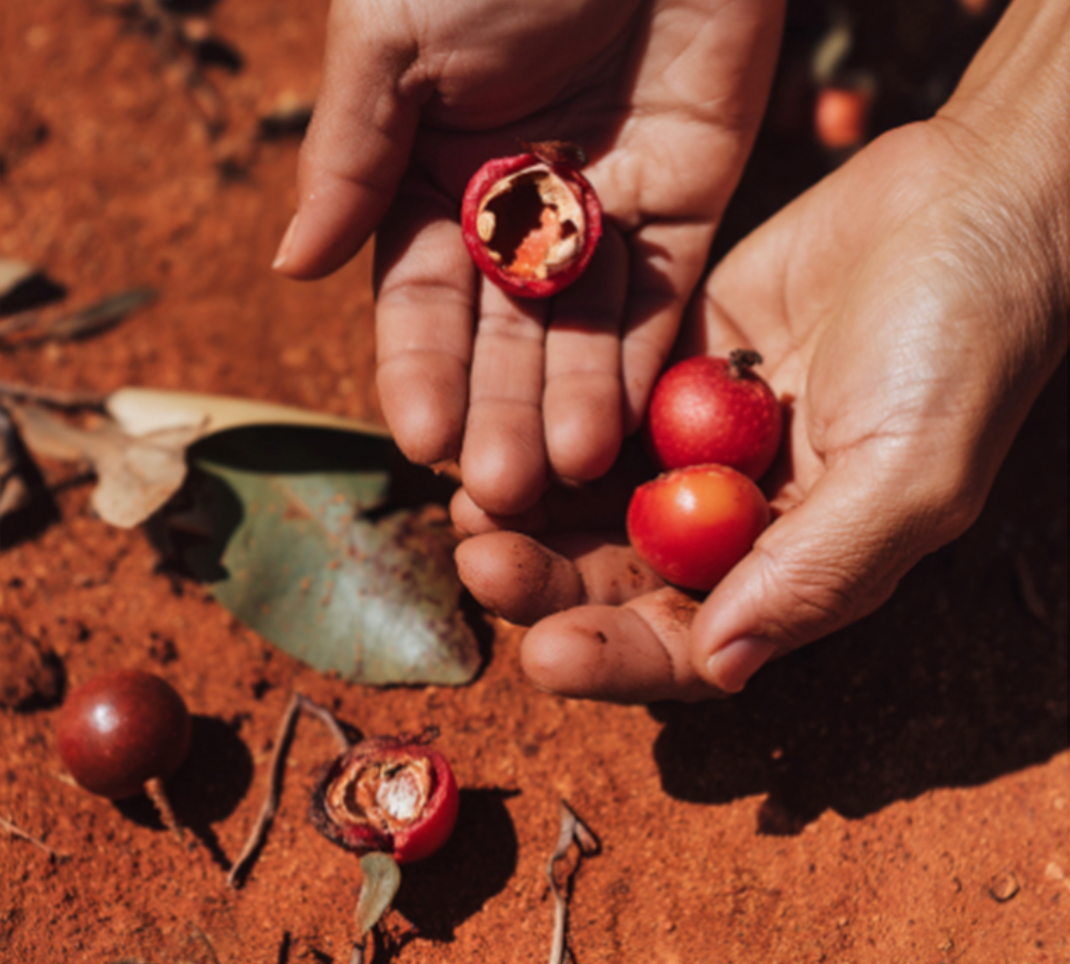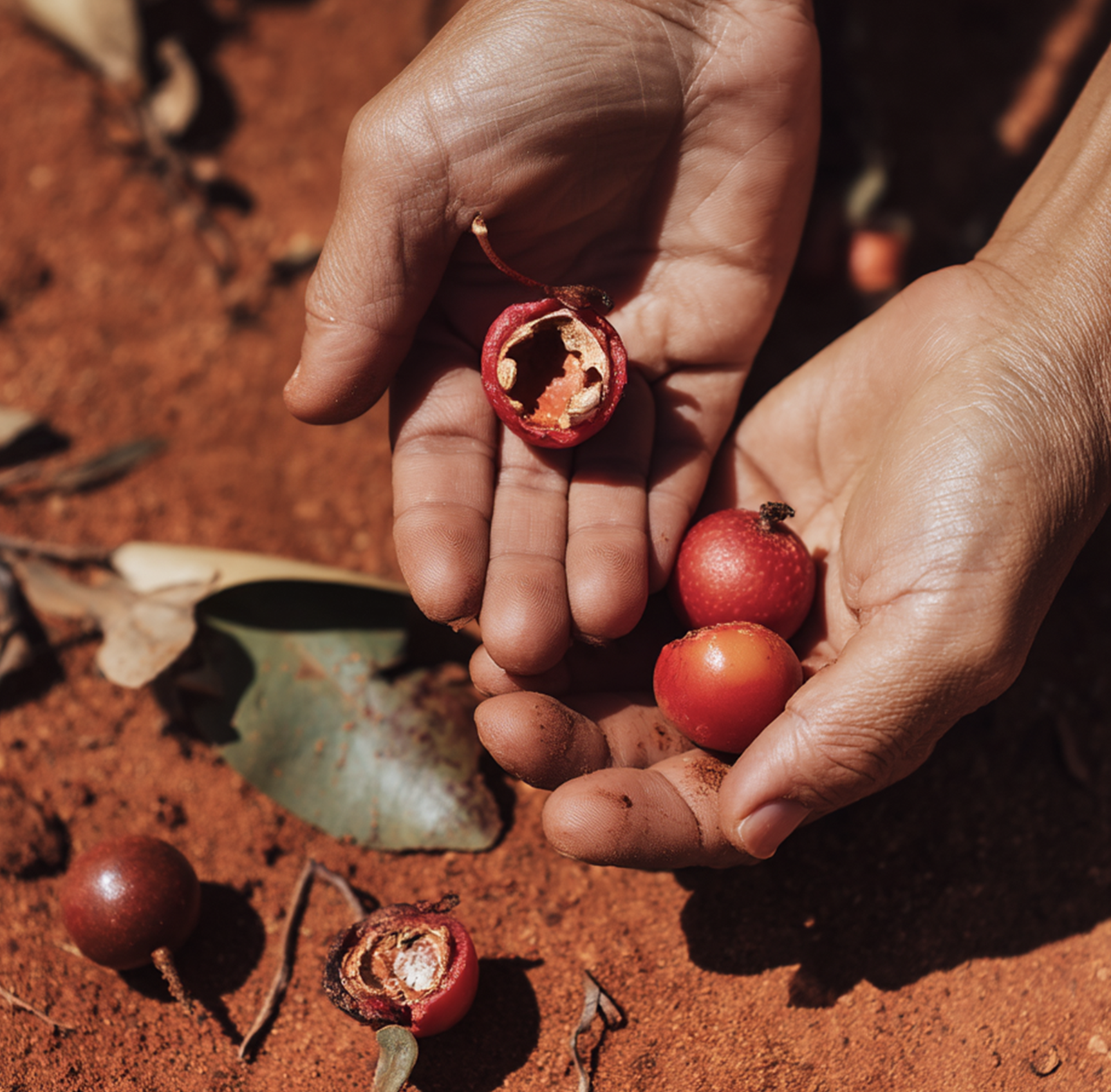
Australia's native plants are deeply interwoven with over 65,000 years of FIrst Nations knowledge, nutrition, land care and cultural practice.
The fruits, seeds, barks, roots, tubers, and leaves used in today’s food industry are not just ingredients— they are part of complex, intergenerational systems of culture, health, and Country.
Yet, despite this deep connection, Indigenous representation in the commercial Australian Native food sector remains disproportionately low—estimated at just 1–2%.
The current system reflects broader structural inequities and the continued absence of legal frameworks that uphold Indigenous rights to land, culture, and knowledge.

As the demand for native ingredients grows, so does the responsibility of those engaging with the industry, particularly non-Indigenous businesses.
We believe that without proper safeguards, growth can perpetuate harm: from biopiracy and misappropriation to the extraction of resources and knowledge without consent, recognition, or benefit-sharing.
For us at Land Lab, these are not just facts—they are the context in which we must work, and be held accountable. We are an ally and Indigenous-owned company working with native plants. That comes with responsibility.
OUR COMMITMENTS
we have committed to the following responsibilities in our use of Native Australian plants:
We are committed to working exclusively with Indigenous-owned and led suppliers of native ingredients. This means seeking relationships not just with individuals, but with communities, corporations, and alliances that are culturally authorised to manage and share resources from their Country.
We do not proceed with any project, product, or sourcing relationship without FPIC. This means fully disclosing the intent, purpose, and potential outcomes of a project, including financial ones, and allowing space for questions, decisions, and change. Consent is a continuous process, not a one-off event.
Our ABS agreements are not templates applied universally. They are co-designed in dialogue with our Indigenous suppliers and reflect mutually agreed benefits, including both monetary and non-monetary outcomes. These agreements outline the role of communities as knowledge holders and suppliers, not just as harvesters, and are structured to support ongoing participation.
Access and benefit-sharing is not only about royalty payments. We commit to enabling longer-term employment and participation across different levels of the business and value chain, not just in harvesting or cultural advisory roles, but in research, governance, and product development. This includes profit-sharing mechanisms where appropriate.
We acknowledge that stories attached to native plants are not ours to tell. We do not name or market plants using Indigenous language or narratives without appropriate permissions and context. We work with communities to ensure the cultural dimensions of the plants we use are respected, and we are prepared to remove or revise branding if that position changes.
We view our partnerships as long-term and reciprocal. This includes providing resources and support where it is wanted to help build Indigenous capacity in product development, regulatory processes, or other aspects of commercialisation. Equally, we seek to learn, respectfully, from the knowledge systems that have sustained these plants for millennia.
We recognise that consent can be withdrawn and priorities can shift. Our agreements are structured to accommodate change, and we will always respect the autonomy of our partners to revisit terms, pause, or withdraw from engagements entirely.
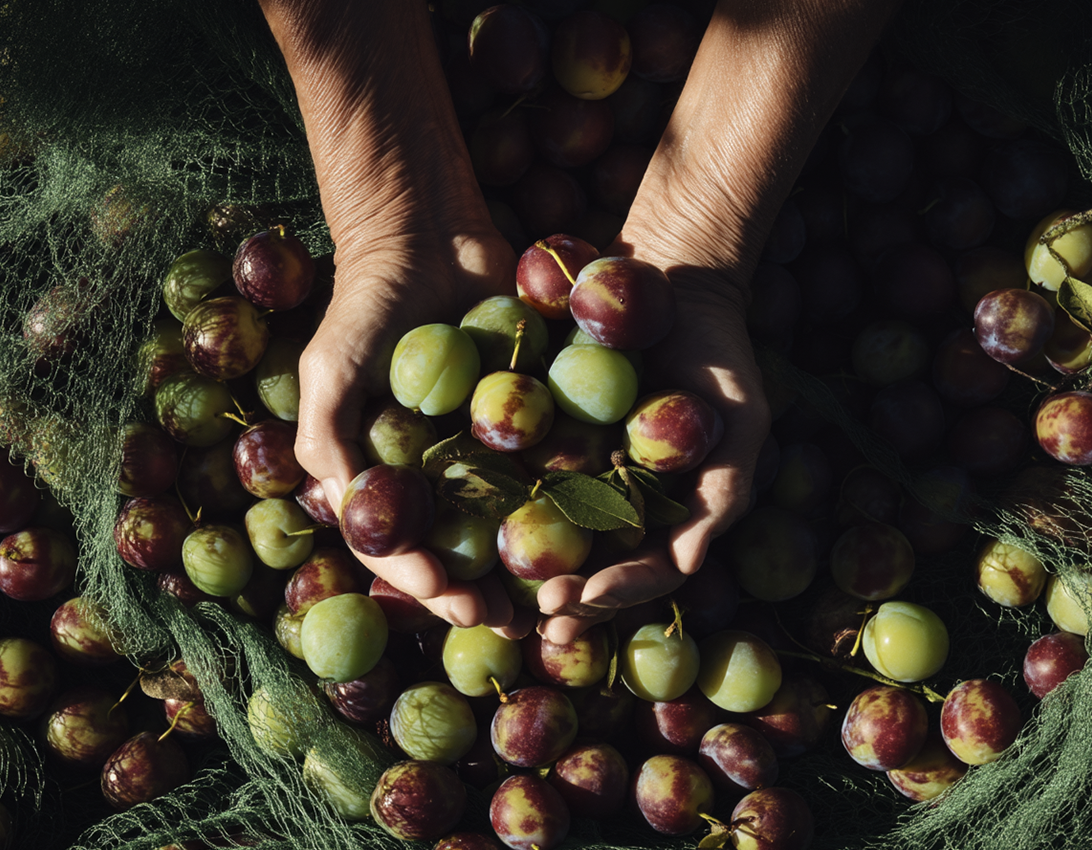
UPHOLDING INTEGRITY IN AN EVOLVING LANDSCAPE
Australia does not yet have a consistent or enforceable system for ABS, Indigenous Cultural Intellectual Property protection, or Indigenous labelling. This creates loopholes that allow businesses to extract value from Indigenous knowledge without returning it. It also makes it difficult for consumers to distinguish between Indigenous-owned products and those simply “Indigenous-inspired.” We support the development of certification systems, led by Indigenous organisations, that would bring clarity and integrity to the market.
In the meantime, our approach is to exceed minimum legal standards, knowing they are not yet adequate. Our guiding principle is not ownership, but relationship, with communities, with Country, and with the living knowledge held by both.
TRANSFORM YOUR HEALTH WITH OuR SCIENCE




